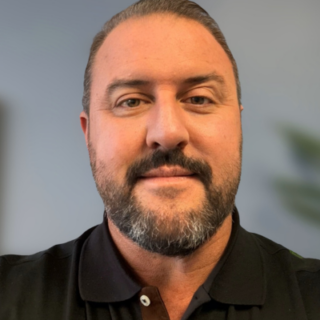Denver’s construction market is still one of the busiest in the Mountain West, but 2024 brought head-winds: city data show $600 million less commercial work compared with 2023, and new-housing starts fell about 18 percent. The slowdown hasn’t removed risk—if anything, tighter margins and evolving laws make having the right blend of coverage more critical than ever.
Here’s a clear, structured breakdown to help you navigate this essential coverage:
What is Construction and Contractor Insurance?
A package of policies that shields contractors, builders, and owners from job-site and post-project losses. Core components now typically include:
| Coverage | What it Protects | Why It Matters |
|---|---|---|
| General Liability | Third-party bodily injury & property damage during operations | Required on virtually every job; Colorado defect suits remain common Pathpoint |
| Completed Operations Liability | Claims arising after work is finished (e.g., a deck collapses two years later) | Colorado’s Construction Defect Action Reform Act (CDARA) and 2024 bill SB24-106 tightened notice rules but preserved long statutes of repose—contractors can still be sued up to 8 years after completion leg.colorado.govwshblaw.com |
| Workers’ Compensation | Employee injuries or occupational illness | Mandatory statewide |
| Builder’s Risk | Materials & unfinished work in progress (fire, theft, weather) | Extreme-weather losses rose 14 % statewide in 2024 |
| Inland Marine (Tools & Equipment) | Mobile tools, machinery, and small equipment—whether in transit, on-site, or stored | Job-site theft spiked 11 % in metro Denver; basic property policies exclude movable gear Construction Coveragetravelers.comInvestopedia |
| Commercial Auto | Company vehicles, trailers, and some on-road machinery | Colo. HB24-1093 raised minimum auto liability limits on Jan 1 2025 |
Why is Construction Insurance Crucial in Denver?
- Denver is experiencing sustained urban expansion and significant growth, with extensive residential, commercial, and infrastructure developments.
- Increased construction activity elevates risks related to property damage, workplace injuries, and liability claims.
- Protects businesses and contractors from substantial financial losses due to unforeseen accidents or claims.

Why Are Inland Marine & Completed Operations So Critical?
-
Job-site realities: Cordless power-tool kits easily exceed $5 000. Inland Marine covers theft or damage even while a crew is driving between Aurora and RiNo.
-
Legal climate: CDARA allows homeowners up to six years—eight in some cases—to file defect claims. Settlements routinely cite workmanship long after completion, triggering Completed Operations rather than on-site liability. Insurers writing Colorado contractors now scrutinize this endorsement more than in most states.
Who Needs Construction Insurance in Denver?
-
General contractors, specialty trades, and design-build firms
-
Subs in electrical, HVAC, concrete, and framing
-
Developers, architects, engineers, and construction managers
-
Equipment-rental businesses supporting building trades.
Where is Construction Insurance Most Critical in Denver?
-
Downtown & RiNo: Dense infill projects and adaptive-reuse sites
-
Northeast Corridor (DIA Gateways): Ongoing terminal expansion & hotel builds
-
Aurora & I-70 logistics belt: Tilt-up warehouses and data-center growth
-
Front-Range suburbs: Fast-track townhome and multifamily developments
Planning work in these zones often triggers higher contract insurance minimums and tighter risk-transfer language.
When Should Contractors Review or Update Their Insurance?
-
Start of every project – confirm limits meet contract specs and lender requirements.
-
Annually – update payroll, gross receipts, and equipment schedules.
-
After legislative changes – e.g., SB24-106 (effective July 1 2024) added new prerequisites before filing defect suits; some carriers lowered premiums for firms adopting early-repair programs.
How Can Contractors Reduce Insurance Costs?
-
Adopt OSHA-accredited safety programs and document toolbox talks.
-
Require subcontractors to carry equal General Liability + Completed Operations limits and name you as additional insured.
-
Install GPS/telemetry and lock-box tracking on high-value equipment to reduce Inland Marine claims.
-
Bundle policies with a single carrier or pursue a Construction Project-Specific (OCIP/CCIP) wrap to leverage volume discounts.
Key Takeaways
- Construction insurance in Denver is essential due to rapid urban and infrastructure development.
- Proper coverage safeguards contractors from financial losses and legal liabilities.
- Proactive risk management significantly reduces insurance costs and liability exposure.





